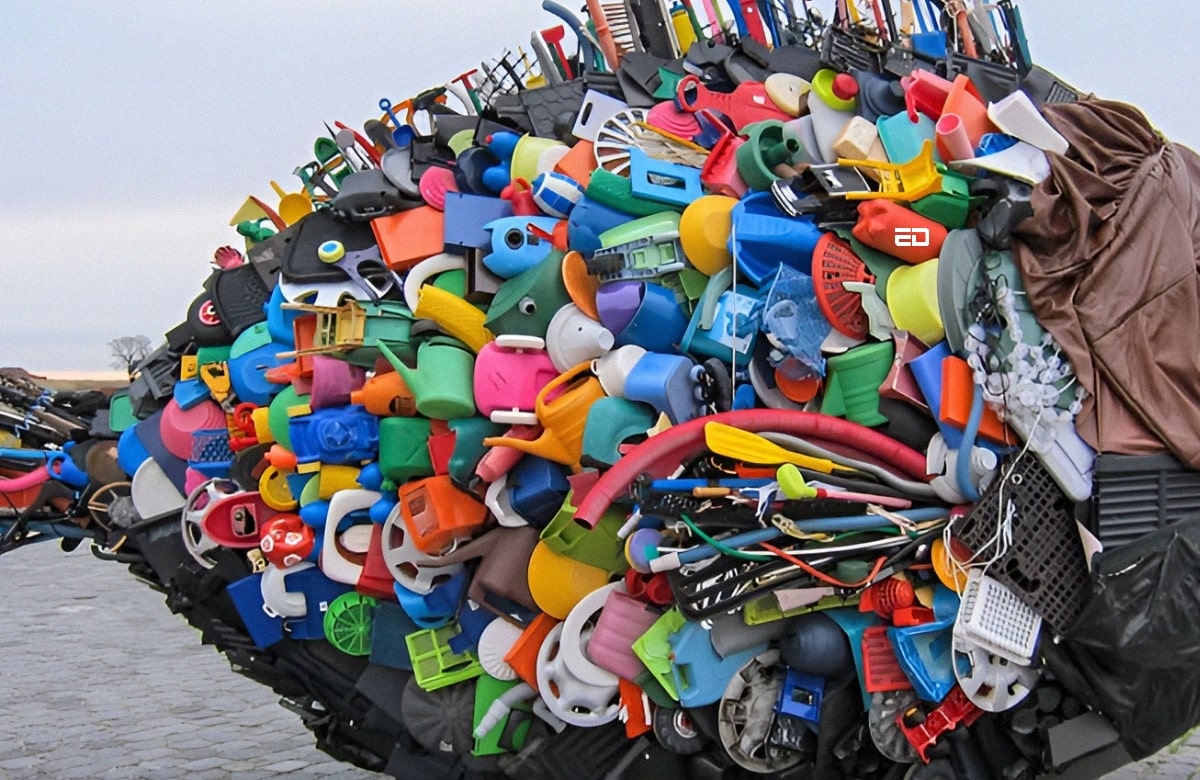Plastic pollution is one of the most pressing environmental challenges of our time, with detrimental effects on ecosystems and human health. Despite efforts to promote recycling, the vast majority of plastics still end up in landfills or the ocean, emitting hazardous pollutants into the environment.
However, recent breakthrough research from Australian scientists at the University of Sydney offers a glimmer of hope in the fight against plastic waste.
Nature’s Solution
In a groundbreaking study published in the science journal Materials Degradation, researchers unveiled a remarkable discovery: certain types of mold commonly found in plants and soil possess the ability to break down stubborn plastics.
By harnessing the power of Aspergillus terreus and Engyodontium album, scientists demonstrated a significant breakthrough in plastic degradation. The process, which took approximately 140 days to complete, showcased the highest degradation rate reported in the literature.
The implications of this discovery are profound. With current plastic recycling rates languishing at just 5%, finding innovative solutions is imperative. The ability to utilize natural organisms to degrade plastics offers a promising avenue for improving recycling efficiency and reducing environmental pollution.
Read More: Recycling Was A Fraud Sold To Us By The Plastic And Oil Industry, Says Report
Addressing the Recycling Crisis
The urgency of addressing the plastic recycling crisis cannot be overstated. A 2022 report from Greenpeace highlighted the dire state of plastic recycling, with the majority of plastics ending up in landfills or the ocean.
Furthermore, projections indicate a tripling of plastic production by 2050, exacerbating an already critical problem.
Challenges and Opportunities
While the research presents a promising solution, significant challenges lie ahead. The scientists at the University of Sydney are working diligently to optimize the degradation process for commercial-scale use.
This endeavor involves overcoming technical hurdles and addressing behavioral and business issues surrounding plastic waste management.
As we navigate the complexities of the plastic pollution crisis, collaboration and innovation will be key. The breakthrough achieved by Australian scientists underscores the potential of nature-inspired solutions to address environmental challenges.
However, it is essential to recognize that technology alone is not sufficient. Behavioral change, social awareness, and business engagement are equally vital components in tackling the plastics problem.
The discovery of using backyard mold to break down plastics represents a significant milestone in the quest for sustainable waste management solutions.
By leveraging the power of nature, researchers have unlocked a pathway towards more efficient plastic recycling. As we continue to strive for a cleaner and greener future, it is imperative that we embrace innovative approaches and collective action to safeguard our planet for future generations.
Image Credits: Google Images
Feature image designed by Saudamini Seth
Sources: The University of Sidney, Business Insider, Business Insider India
Find the blogger: Pragya Damani
This post is tagged under: Plastic recycling, environmental sustainability, waste management, innovation, nature-inspired solutions, scientific breakthroughs, plastic pollution, green technology, behavioral change, social responsibility
Disclaimer: We do not hold any right, copyright over any of the images used, these have been taken from Google. In case of credits or removal, the owner may kindly mail us.
